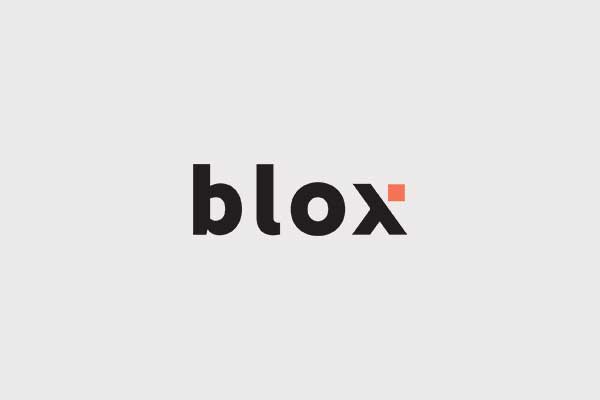5 Frauds You Should Be Wary of When Applying for a Home Loan

Buying a home is the culmination of our dreams and aspirations. Owning a residential property is a symbol of achieving goals that we have set for ourselves. More importantly, a house is a haven where we make beautiful memories with friends and loved ones, a place we can transform into a home. Despite the central significance that buying a property has in our lives, it remains undeniable that real estate investment is one of our most significant financial decisions. Given the rising property values, most of us need funding in the form of home loans to be able to finance a real estate purchase. Over the past few years, financial fraud and home loan scams have been on the rise. Falling into the trap of these scams can rob us of our wealth and the dream of owning a residential property.
Let us take a look at some of the common home loan frauds –
1. Loan app scams - Most of us use smartphones, and a cursory search of Google Play Store or Apple App Store will reveal the existence of hundreds of loan apps, many of them offering instant loans. Most of these are unauthorised and beyond the ambit of the RBI's regulations. They offer loans at extraordinarily high rates, making it impossible to escape the debt trap. Many of them gain access to files, photos and documents on your smartphone when you install them. Your personal data is then used by ruthless recovery agents. You must ensure that your loan app belongs to a trusted bank or NBFC before you install it.
2. Too good to be true - Scrolling through social media sites, blogs or gaming apps, we often see home loan advertisements that promise financing at zero interest or with zero documentation. If a loan offer is too good to be true, it probably is not genuine. Once an unsuspecting applicant clicks on these, they are directed to a site and are prompted to enter personal details, including KYC data. These are typically data farms that collect personal information and pass them on to miscreants. Remember not to share your personal information unless you trust the prospective lender.
3. Prepayment scam - most reputed banks, housing finance corporations and NBFCs charge a small percentage of the loan as a processing fee. This covers their expenditure towards documentation, verification and administrative work. When you encounter an untrustworthy application or website promising a home loan, you may be asked to enter your bank or credit card details to pay the processing fee in advance. This should raise red flags. Genuine lenders and reputed banks deduct the processing fee from the approved loan amount, and you are not required to make any payment for loan approval. Do not make any prepayments without a home loan approval.
4. Fake loan websites - when looking for the website of a popular bank or NBFC, most of us search through Google or other popular search engines or click on links published on social media sites. This could land us on a fake website or a look-alike site designed to garner financial details such as net banking, log-in credentials and password authorisations. These details are further used to remove funds from our bank accounts without our knowledge or approval. Look for the URL's HTTP protocol or prefix before entering any sensitive financial data on a website.
5. Debt settlement scams – If you have an ongoing loan with a bank or a housing finance corporation, you may be approached by an unauthorised third party who promises to settle your loan at a discounted value. It is important to remember that home loans cannot be transferred to a third party. Banks may sometimes agree to foreclosure for an additional fee, but this involves communicating directly with your lender and obtaining a No Due Certificate once you clear your debt.
How to stay protected from loan scams
Approach only RBI-authorised banks and trusted NBFCs for your home loan requirements. Monetary guidelines and binding financial laws regulate them. Your loan application will include your salary or earnings statement, KYC details, income tax returns, CIBIL score and documents related to the property you intend to buy. A genuine lender will never agree to offer zero documentation loans. Never share your personal or financial information on social media sites or messenger applications. Safely communicating your data is your responsibility. Look out for websites that look fake or are riddled with typos, small changes in the logo or lack the protective features of banks and trusted financial institutions.
Conclusion
While our dependence on the internet, mobile devices and applications for financial transactions and information are high, we must stay aware of the different phishing and fraudulent activities that could leave us vulnerable. It is only with awareness and taking precautions that we can stay safe.
Get in Touch
Let our experts help you answer your questions
Get in Touch
Let our experts help you answer your questions


